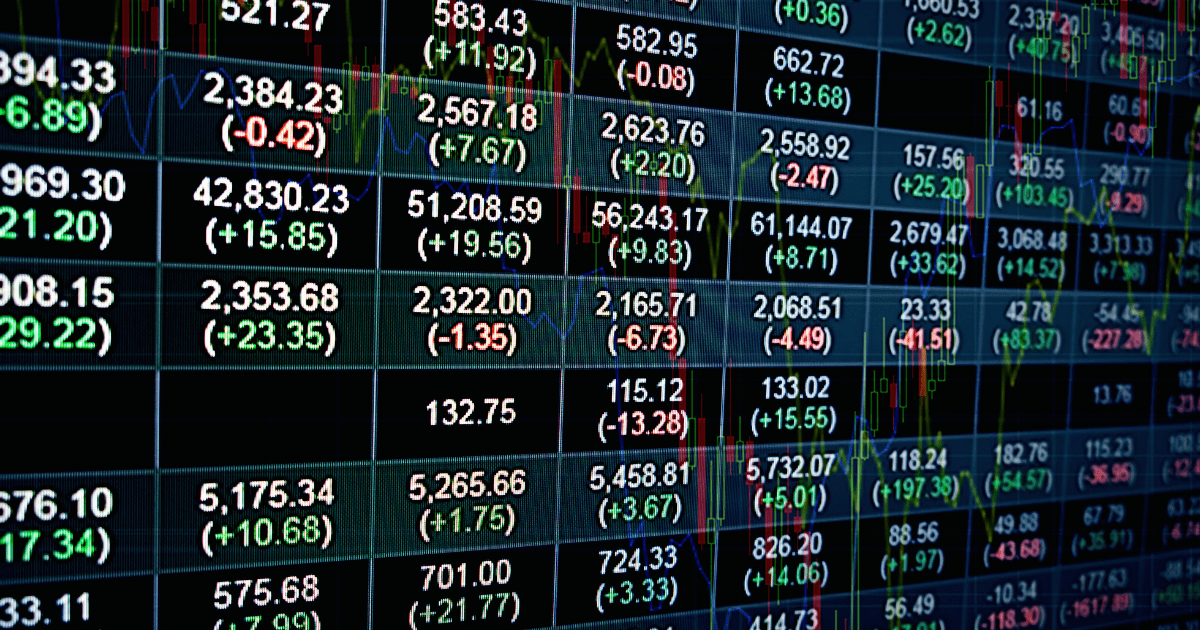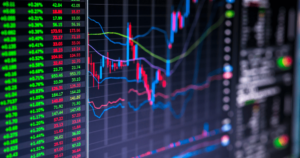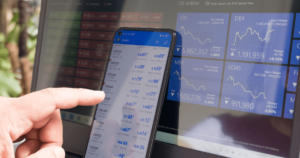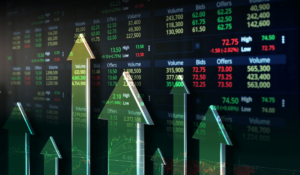Forex Market Overview:
The forex market is the largest and most liquid financial market in the world. It involves the buying and selling of currencies, with participants including banks, corporations, governments, and individual traders. Forex trading operates 24 hours a day, five days a week, allowing for continuous trading opportunities across different time zones.
Stock Market Overview:
The stock market, on the other hand, refers to the buying and selling of shares of publicly traded companies. Stock exchanges, such as the New York Stock Exchange (NYSE) and NASDAQ, facilitate these transactions. The stock market has specific trading hours and operates on weekdays.
Liquidity and Volume:
One significant difference between forex and stocks is liquidity and volume. The forex market’s immense size ensures high liquidity, meaning there is a large number of buyers and sellers at any given time. This liquidity allows for easy execution of trades and generally narrow spreads. In contrast, stocks may have varying levels of liquidity depending on the company’s size and popularity, which can result in wider bid-ask spreads.
Market Accessibility:
Another difference lies in market accessibility. Forex trading is accessible to individual traders through online brokers, providing an opportunity for retail investors to participate in the market. In contrast, investing in stocks often requires an individual to open a brokerage account and navigate the stock market’s regulatory requirements.
Market Dynamics:
Forex and stock markets also differ in terms of market dynamics. Forex trading involves the simultaneous buying and selling of currency pairs. Traders aim to profit from fluctuations in exchange rates between two currencies. Stock trading, on the other hand, involves buying and selling shares of individual companies. Investors often analyze company financials, industry trends, and other factors to make informed investment decisions.
Risk and Volatility:
Both forex and stock trading involve risk, but the nature of risk differs. Forex markets can be highly volatile, with exchange rates influenced by various economic, political, and geopolitical factors. Stock prices can also experience volatility due to company-specific news, economic indicators, and market sentiment. However, stocks may be subject to additional risks associated with specific companies, such as management changes, regulatory issues, or industry-specific challenges.
Trading Strategies:
Forex and stock trading employ different strategies. Forex traders often use technical analysis, chart patterns, and indicators to identify potential entry and exit points. They may also employ fundamental analysis to assess economic data and news events that can impact currency values. Stock traders often focus on fundamental analysis, evaluating company financials, industry trends, and competitive positioning to make investment decisions. They may also use technical analysis to identify potential stock price trends and patterns.
Key Takeaways:
- Forex and stock markets have distinct characteristics in terms of liquidity, accessibility, market dynamics, and risk.
- Forex trading involves buying and selling currency pairs, while stock trading involves buying and selling shares of individual companies.
- Forex markets are highly liquid and operate 24/5, while stock markets have specific trading hours and can vary in liquidity.
- Both markets carry risks, but forex trading is influenced by economic and geopolitical factors, while stock trading can be impacted by company-specific events.
- Forex trading often relies on technical analysis, while stock trading incorporates both fundamental and technical analysis.
In conclusion, understanding the differences between forex and stocks is essential for individuals looking to participate in financial markets. Each market has its advantages and considerations, and traders and investors should carefully evaluate their goals, risk tolerance, and available resources before deciding which market to engage in. Whether you choose forex or stocks, it is crucial to develop a trading or investment plan and continuously educate yourself to enhance your chances of success in the dynamic world of financial markets.








